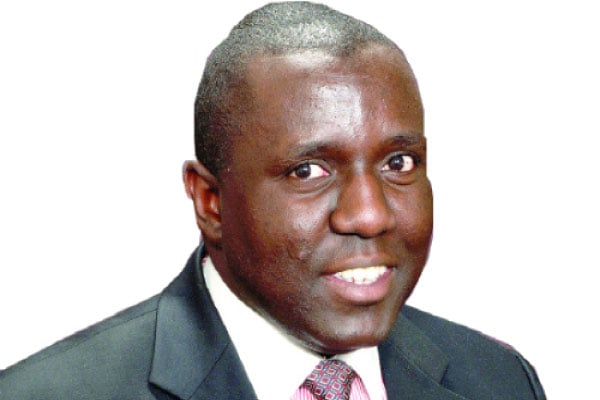Prime
How presidential transitions will map African destiny

Author: Mr Karoli Ssemogerere is an Attorney-at-Law and an Advocate.
What you need to know:
- In 1981, just five countries were multi-party democracies at least on paper; Botswana, Senegal, Uganda, Zimbabwe, and Nigeria. By 1985, Uganda and Nigeria had quickly fallen off the list.
Africa in 2021 is very different from Africa in 1970 when the choice for change across the continent seemed to be limited to the one-party state or military rule.
In 1981, just five countries were multi-party democracies at least on paper; Botswana, Senegal, Uganda, Zimbabwe, and Nigeria. By 1985, Uganda and Nigeria had quickly fallen off the list.
Gen Muhammad Buhari had seized power in 1983, and Milton Obote on the eve of the 1985 election had lost power to his army commander Tito Okello. In 1988, Zimbabwe’s ZANU and ZAPU merged after Robert Mugabe became Zimbabwe’s executive president.
Decades of misrule, economic mismanagement, the after-effects of the oil shocks of the 1970s quickly coalesced in Katama Mkangi’s second wave.
After decades of complacency, civil society, foreign pressures, and economic realities forced the African strongman to simply fold up and accept change.
Luminaries like Kenneth Kaunda were swept away in competitive elections, while other strongmen like Daniel arap Moi vigorously held onto power although he eventually left.
Some major figures like Mobutu Sseseko, a CIA creation from the 1960s, simply faded away and others lost power in internal putsches, protracted wars or just ran out of gas.
In 2021, some of these formats have resurrected. Former South African President Jacob Zuma has denounced confirmation of his contempt sentence as an onset of a “constitutional dictatorship”.
Mr Zuma has joined a select group of former leaders Laurent Gbabgo (Ivory Coast) and Gen Taylor (Liberia) whose presidencies ended in intercontinental jails on account of crimes committed at home.
Then the coup makers are staring adversity in their faces. Chad, Mali, and Guinea have all deposed presidents. The smarter ones have departed when their constitutional terms expired. Eduardo do Santos in Angola handed over power in 2019. Joseph Kabila did just that and even though he may not have handed power to the winner of the election, the DRC is starting to wake up again.
Some unlucky ones have stood and lost in elections, Nigeria’s Goodluck Jonathan bowed out in 2015 at age 58. Malawi’s Peter Mutharika’s victory was annulled in 2019. Uhuru Kenyatta’s victory was similarly annulled in 2017 but his erstwhile foe Raila Odinga had run out of gas. Zambia’s Edgar Lungu recently lost the keys to state house.
2021 also has the survivors of the post-liberation, one party states and military coups. In Togo, Gnassingbe Eyadema, who assumed power in a coup in 1968, has been succeeded by his son.
In Libya, Muammar Gaddaffi, who deposed the Libyan king in 1969, lost three of his sons in the bloody mess that predicated his departure boosted by Barak Obama and Hillary Clinton.
Yet two sons made it out alive and may inform another round of attempted capture of power. In Cameroon, Paul Biya is sitting still from 1983 even though he barely still knows his way around the capital.
Theodore Nguema and his son are President and Vice President of Equatorial Guinea having overthrown his cousin, another Nguema in 1979.
It matters little that his country of 1.2 million people awash in oil are also greatly impoverished. Our President Museveni in power since 1986 sometimes says something about transition but nothing is clearly on the table about paving way for another generation of leaders.
Infact his memory has been particularly hard on those who wanted to replace him (Amama Mbabazi in 2016) learnt this before returning to the fold and Rebecca Kadaga. Both are serving out their retirements one in constitutional retirement and another as a Minister for East African Affairs.
Africa will remain imperfect on this topic. Term limited presidents like Kenyatta trying to anoint their successors. Open ended presidents will keep the seat as long as they can remind us revolutionaries never die, Mugabe did die in 2019 but he was out of office at that time.
Coup plotters with fresh energy are active, just last week, there was action in Burundi and Sudan. Africa’s long story on this subject is yet to be told in full with certainty.




